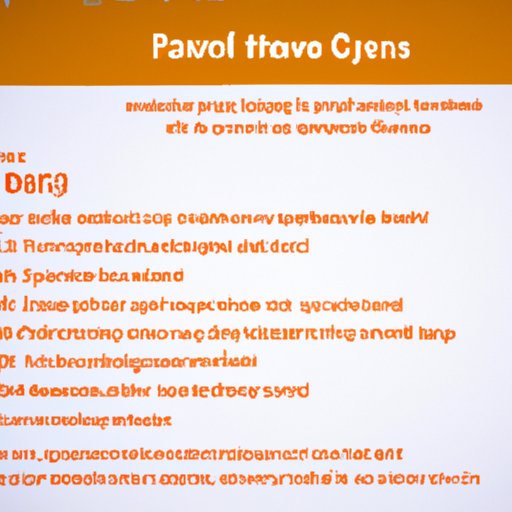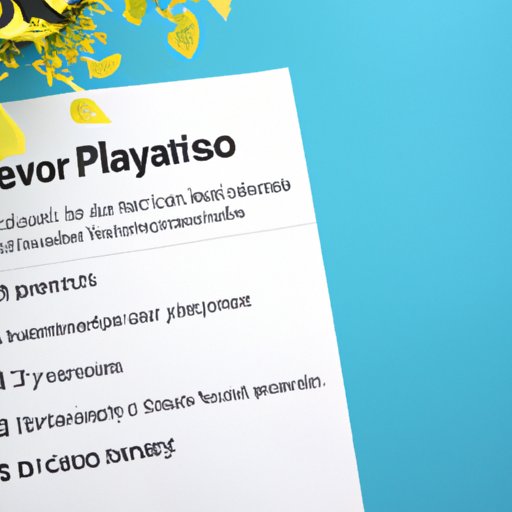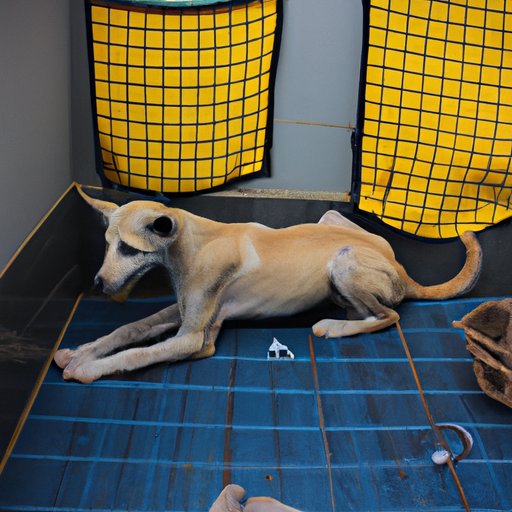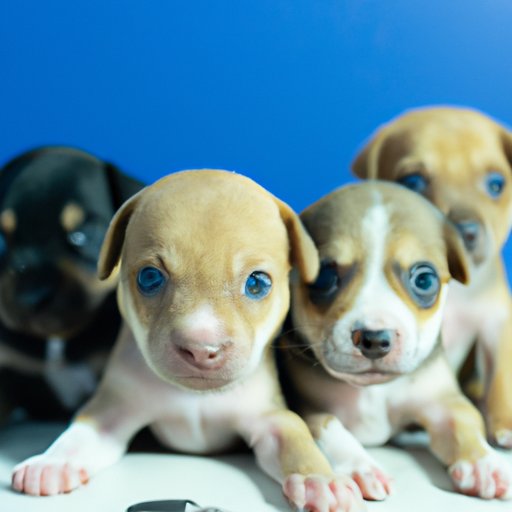Introduction
Parvovirus (or “parvo”) is a highly contagious viral infection that primarily affects puppies and young dogs. It is one of the most common canine illnesses in the world and can be fatal if left untreated. In this article, we will explore how a dog gets parvo and what steps dog owners can take to help prevent and treat this serious condition.
Definition of Parvo
Parvovirus is a virus that is spread through contact with an infected animal’s feces or saliva. The virus attacks the gastrointestinal tract, leading to severe vomiting, diarrhea, and dehydration. Dogs of any age are susceptible to the virus, but it is most commonly seen in puppies that have not yet been vaccinated against it. The virus can survive in the environment for months, making it difficult to eradicate.

Overview of the Causes and Symptoms of Parvo
Parvo is typically spread through contact with an infected dog’s feces or saliva. This could include coming into contact with contaminated surfaces, such as floors, kennels, or even the fur of other animals. Puppies and young dogs are particularly vulnerable to the virus because their immune systems are still developing. Common symptoms of parvo include vomiting, diarrhea, fever, lethargy, and lack of appetite.

Treatment and Prevention Strategies for Parvo
The most effective way to prevent parvo is by vaccinating puppies at an early age. Most veterinarians recommend starting vaccinations at 6 to 8 weeks of age and then continuing them every three to four weeks until the pup is 16 weeks old. There are several types of parvo vaccines available, so it is important to discuss the best option with your veterinarian.
Dog breeders can also help minimize the risk of parvo by keeping their facilities clean and sanitized. They should regularly clean and disinfect kennels, bedding, and other items that come into contact with the puppies. Additionally, they should ensure that all puppies are vaccinated before they leave the facility.

Impact of Parvo on Puppy Development
In addition to the physical symptoms of parvo, there can be long-term impacts on puppy development. Treating the virus can be expensive, as the cost of hospitalization and medications can add up quickly. Furthermore, some puppies may develop permanent health issues due to the virus, such as cardiac or neurologic problems.
“Parvo can cause long-term damage to a puppy’s organs and immune system,” says Dr. Katie Grzyb, DVM, DACVIM. “It’s important for owners to closely monitor their pup’s health after they’ve been diagnosed with parvo, even after they’ve recovered.”
Resources for Dog Owners Affected by Parvo
If your dog has been diagnosed with parvo, there are many resources available to help you through the process. Organizations like the American Kennel Club, Pet Partners, and Canine Health Foundation offer support and information for pet owners affected by parvo. Additionally, there are numerous websites and publications dedicated to providing information about the virus and its treatments.
Conclusion
Parvo is a highly contagious virus that can be fatal if left untreated. Fortunately, there are steps that dog owners can take to help prevent and treat the virus. Vaccinating puppies at an early age and keeping facilities clean and sanitized are just two of the ways breeders can reduce the risk of parvo. Additionally, there are numerous resources available to help dog owners affected by parvo. By taking proactive steps to prevent and treat parvo, we can help protect the health and wellbeing of our canine companions.
(Note: Is this article not meeting your expectations? Do you have knowledge or insights to share? Unlock new opportunities and expand your reach by joining our authors team. Click Registration to join us and share your expertise with our readers.)
